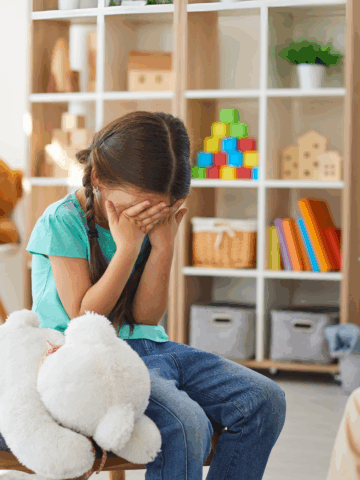Cyberbullying has become an increasingly common and serious issue in recent years largely due to the easy access, and in some cases the anonymity, of digital devices. As children and teens spend more time online during the COVID-19 pandemic to complete virtual schoolwork and keep in touch with friends, cyberbullying may increase as well.
Parents, however, are also at home with their children more now than ever before. During this time, healthcare providers say, parents have the opportunity to be more mindful than ever about their child’s technology and social media use.
“Technology can be a wonderful, educational and fun resource, but it can have negative consequences s well, especially on children and teens,” says Dr. Christopher Min, a CHOC psychologist.
One of the best ways to protect your child from bullying is to talk openly about it, Dr. Min says.
“Remind your child that most bullies have low self-esteem, and they bully others to try and feel better about themselves,” Dr. Min says.
To start these conversations, ask open-ended questions, rather than firing off a specific list of questions. Try asking something like “Is there anything going on?” or “Is there anything I can help you with?”
Tips for parents
Every parent wants their child to feel comfortable and happy, and to stay safe. Dr. Min shares tips for parents of children using social media and technology:
Monitor teens’ social media use
To what extent a parent should track social media activity depends on the child, Dr. Min says, but parents need to be aware how a child uses these tools. Monitoring can be accomplished through regular discussions or more formal means such as sharing log-in information, depending on the child’s responsibility level.
Encourage teens to have virtual get-togethers with friends
The underlying reason for social media is to create a sense of connectedness, and this can be accomplished faster than meeting in person. Although in-person hangouts aren’t possible during current stay at home orders, teens should make an effort to maintain social relationships during this time. Encourage your child to video chat with friends, have a virtual game night, or host a virtual movie night with their friends.
Remember that parents control access to social media
Min reminds parents that they pay for internet or cellphone access. Parents should exercise authority and reason with teens by stating clear consequences and rewards for social media use.
Watch for signs of bullying
Pay close attention to signs from your child that may show something is wrong, such as acting withdrawn, sad or irritable, or changes in their sleep or appetite. Keep in mind however that sometimes kids will not display any signs at all so it’s important to keep an open dialogue with your child.
Have a plan
Talk about what your child might do if he or she is bullied, including who to tell.
Build your child’s self-esteem
The better your child feels about herself, the less effect a bully will have on her overall well-being.
Tell others
Inform your child’s school about the bulling and talk with the bully’s parents about the behavior.
A reminder for teens
Remind your child to pause before they post. Teens ready to post something online should instead pause for five to 10 seconds to consider their actions, the post’s meaning and possible consequences.
Get more expert health advice delivered to your inbox monthly by subscribing to the KidsHealth newsletter here.
Get mental health resources from CHOC pediatric experts
The mental health team at CHOC curated the following resources on mental health topics common to kids and teens, such as depression, anxiety, suicide prevention and more.





